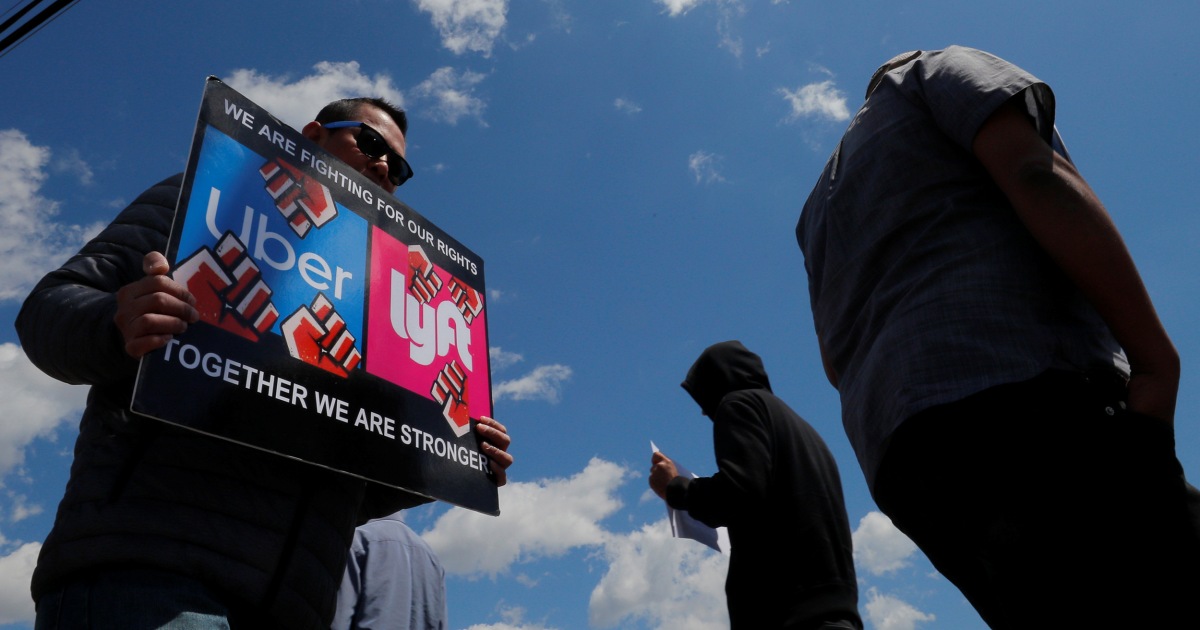Massachusetts Attorney General Maura Healey announced Tuesday that she would file a lawsuit against Uber and Lyft, claiming that the companies have been improperly misclassifying their drivers as contractors rather than employees to save millions of dollars in compensation.
“We’re suing because these companies have built their billion-dollar business that misclassifies their drivers as contractors,” she said during a morning news conference conducted on Zoom.
The complaint, seeking a declaratory judgment, was submitted to Massachusetts Superior Court in Suffolk County.
Healey said that these companies do not pay unemployment or workers’ compensation benefits, helping them save millions of dollars annually.
Byers Market Newsletter
Get breaking news and insider analysis on the rapidly changing world of media and technology right to your inbox.
“Taxpayers and other companies are essentially paying when Uber and Lyft misclassifies workers,” she said. “The bottom line is that Uber and Lyft have gotten a free ride for far too long.”
Massachusetts is now the second state, after California, to seek a court ruling finding that Uber and Lyft have run afoul of state labor laws. In California, a law known as AB5 that took effect at the beginning of the year says that drivers for these companies and other similar workers are employees rather than independent contractors. Massachusetts has had such a law since 2004.
“It’s a big boost that the Massachusetts attorney general is backing up what we’ve been saying for years,” said Shannon Liss-Riordan, a Boston-based attorney who has led numerous lawsuits in both states against the two ride-sharing companies.
“This needs to go nationwide, and I am having discussions with members of Congress,” she said.
Uber did not immediately respond to NBC News’ request for comment.
CJ Macklin, a Lyft spokesperson, declined to answer specific questions but sent an emailed statement claiming that the lawsuit would “eliminate work for more than 50,000 people.”
“Drivers don’t want this — most drive only a few hours a week, and they have chosen to drive using Lyft precisely because of the independence it gives them to make money in their spare time,” he wrote. Both companies have strongly resisted the California law and have even spearheaded an effort to pass a new state law that will be presented to voters in November that would effectively overturn AB5 for gig workers.
Both Lyft and Uber have said that if they are forced to reclassify gig workers as employees it would fundamentally alter their business model and have an adverse effect on their profitability, according to their latest annual reports submitted to the Securities and Exchange Commission in February and March respectively.
